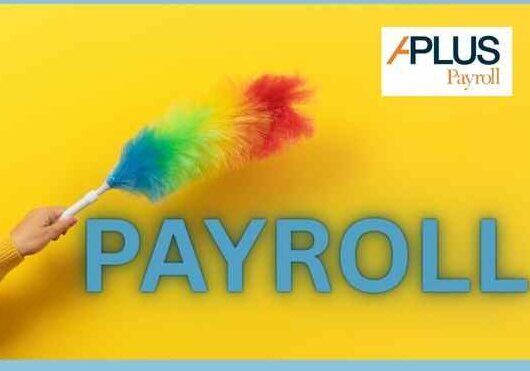Where Can I Find A Payroll Checklist For Setting Up My Business?
by Paul Devlin
Running your first payroll can be overwhelming, but if you take care of the details ahead of time, you can put all your efforts into building your business. Here are some initial steps that can get you off on the right track.
Initial Setup
-
Determine Payroll Frequency
- Decide on a payroll schedule (weekly, bi-weekly, semi-monthly, or monthly) based on business needs and legal requirements.
-
Assess Number of Employees
- Categorize employees as full-time, part-time, or contractors.
- Confirm employee classification to determine tax and benefit obligations.
-
Understand State/Country Regulations
- Research local labor laws and tax regulations.
- Stay updated on minimum wage requirements and overtime laws.
-
Establish Benefits and Compensation Packages
- Define benefits offered, such as health insurance, retirement plans, or paid time off.
- Clearly communicate compensation structures, including salary and hourly wages.
Payroll Processing Steps
-
Collect Employee Information
- Ensure all employees have submitted completed W-4 and I-9 forms.
- Maintain up-to-date employee records, including personal and banking information.
-
Track Employee Hours
- Implement a reliable system for tracking hours worked, including regular hours, overtime, and leave.
- Verify timesheets for accuracy before processing payroll.
-
Calculate Gross Pay
- Multiply hours worked by hourly rate or use salary figures for exempt employees.
- Include any additional compensation, such as bonuses or commissions.
-
Withhold Taxes and Deductions
- Calculate federal, state, and local taxes based on employee W-4 information.
- Deduct employee contributions for benefits, retirement plans, and other withholdings.
-
Review and Process Payroll
- Double-check calculations for accuracy and compliance with regulations.
- Process payroll and ensure funds are available for direct deposits or check issuance.
-
Distribute Paychecks
- Print checks or initiate direct deposits on the scheduled payday.
- Provide pay stubs detailing gross pay, taxes withheld, and net pay.
Necessary Forms
- W-4 Form: Employee’s Withholding Certificate for tax purposes.
- I-9 Form: Employment Eligibility Verification.
- State-specific forms: As required by local regulations.
Handling Exceptions and Special Circumstances
-
Bonuses and Commissions
- Determine tax treatment and incorporate into payroll calculations.
- Ensure these are clearly documented in payroll records.
-
Overtime
- Calculate overtime pay according to applicable laws.
- Verify hours and ensure correct rate is applied.
-
Employee Terminations
- Process final paycheck according to state laws.
- Include payment for any accrued vacation or benefits.
-
Adjustments and Corrections
- Address payroll errors promptly by issuing corrections or supplementary payments.
- Maintain documentation of all adjustments for record-keeping.
Ongoing Compliance and Review
- Regularly update payroll systems and records to reflect any changes in laws or employee status.
- Conduct periodic audits to ensure compliance with all payroll-related regulations and maintain accurate records.
As you can see, there is a lot involved which is why outsourcing your payroll to a trusted Company like APlus Payroll can make all the difference. Our experienced team stays up-to-date on all payroll laws and regulations to ensure accuracy and compliance. We take care of everything, so you can focus on running your business. In addition to handling day-to-day payroll tasks, APlus Payroll also offers comprehensive reporting services. This includes customized reports for tax filings, worker’s compensation audits, and other financial reports as needed. You can rest assured that all necessary documents will be generated and filed in a timely manner, eliminating the stress and potential penalties of missing deadlines.
If you would like to hear more about how we can help you contact us



